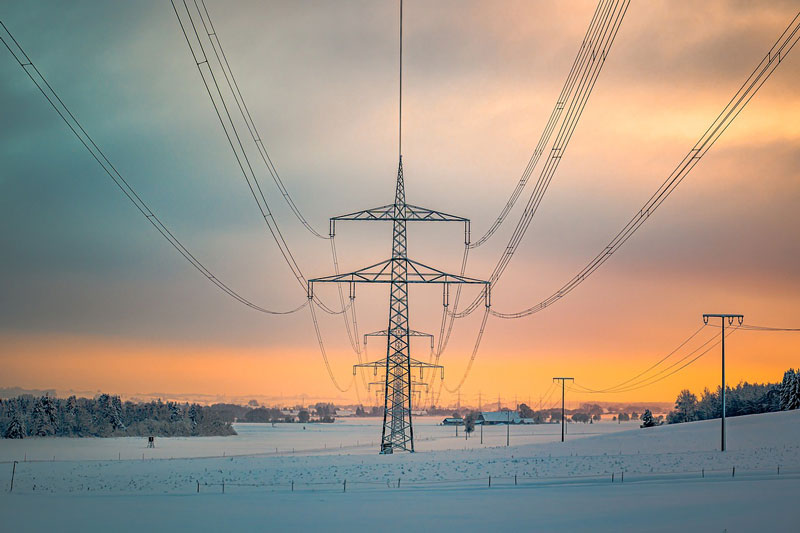Power Purchase Agreements

Which Power Purchase Agreements (PPA) is right for your business?
1. Fixed price PPAs
This is the most popular form of offtake contract and it’s best for:
- Smaller-scale generators
- Businesses that use the energy they produce and consistently have excess power to sell back to the grid.
- Those who favour price certainty over reactive pricing
Such contracts lock in the current market rate for electricity for a set period, usually for one year but sometimes for up to three years depending on market conditions. Fixed priced PPAs are particularly attractive at times when market rates are high.
Fixed price PPAs with embedded benefits
These PPAs differ in how they handle the locational benefits of proximity to consumption – the so-called embedded benefits. With smaller generation projects, the value of these embedded benefits can be bundled with the underlying commodity price. For larger projects with more bespoke requirements, it’s usual to separate the unit rate and pass through an agreed share of the embedded benefits in the monthly statement.
Assuming Ofgem has awarded accreditation for Renewable Energy Guarantees of Origin (REGOs) to your generation project, and regardless of contract type, there’s likely be some value to account for. REGO values are subject to significant change in value, dependent on the relative balance in the market for a given compliance period. This period marks the time over which suppliers present REGOs as part of their Fuel Mix Disclosure to evidence renewable supply.
2. Flexible price PPAs
This kind of PPA gives you scope to exploit the peaks and troughs of the wholesale power market; generally, electricity is more expensive when there’s high demand relative to availability. Therefore, flexible price PPAs are best for:
- Larger generators, especially those able to commit to a predictable output of power (e.g. when using biomass as fuel) rather than those relying on solar or wind*.
- Generators who want to sell all or most of the electricity they produce
- Those interested in trading agreed clip sizes of electricity, in response to market prices achieving pre-agreed trigger levels
- Those who prioritise flexibility over price certainty, on the basis it may deliver a significant improvement in financial performance.
*As an alternative strategy if your site has very intermittent export that’s difficult to forecast or you value complete flexibility, you can leave your exported power to "float" on a pricing index such as SSP (System Sell Price).
With a flexible price PPA, you can sell your forecast output incrementally rather than in one go. As your PPA partner, we’ll break down this forecast output into tranches of tradeable power across your contract term. We can fix this at different rates, based on reflective wholesale market prices, during the term, which will usually be for one to three years.
3. Bespoke PPAs
Bespoke PPA contracts can involve fixed or flexible pricing and will vary from company to company, so they’re best for:
- Larger installations, purpose-built for generation
- Generators who want to sell all the energy they produce
- Those with multiple sites, each with different commercial needs
- Variable contract lengths
In more complex cases, a bespoke contract is needed to find the best route to market.
Corporate Power Purchase Agreements (CPPAs)
Corporate Power Purchase Agreements are allied to PPAs, although they’re not drawn up between a generator and an energy supplier. Instead, a CPPA is an agreement between a renewable energy generator and a single corporate buyer.
The corporate buyer agrees to purchase a set proportion of the generator’s renewable power directly from them. The buyer does so as a means of explicitly stating the source of their electricity, which they can use to fulfil key parts of their Environmental, Social and Governance (ESG) agenda.
By their nature, CPPAs principally concern larger generation assets that might output tens of gigawatt hours across a year. These agreements usually cover an extended term (10-15 years is typical), although the length depends on the circumstances and agendas of both the generator and buyer.
Although the risk profile of a CPPA is different to that of a PPA involving an energy supplier, CPPAs are now a popular choice for generators. This is because renewable developments are less likely to be able to rely upon the assurance of the government-backed subsidies that are closed to new applications. Put another way, a CPPA with a corporation of good standing is often the catalyst for a generator being able to access the finance required to deliver the project.
